Fort Walton Beach, FL
428 Mary Esther Cut Off NW Unit A,
Fort Walton Beach, FL
32548, United States
(850) 374-3595
Discover the benefits of using different skincare products in different seasons. Adjusting your routine can address the changing needs of your skin, keeping it healthy and glowing all year round. Consult The Beauty Experts for expert advice.
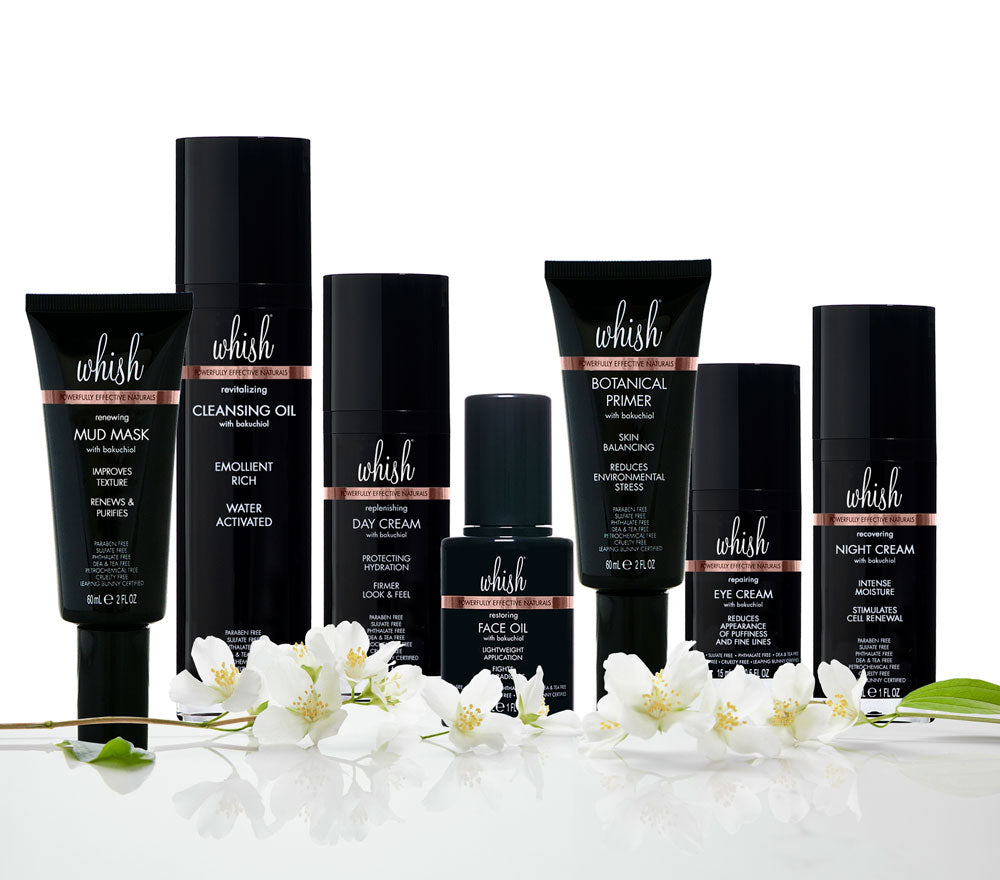
Are you unsure if you should switch up your skincare routine as the seasons change? It’s a common question many of us have. The answer is, yes, it can be beneficial to use different skincare products in different seasons. As the weather shifts, so do the needs of our skin. Factors like humidity, temperature, and sun exposure can impact the health and appearance of our skin. By adjusting our skincare products accordingly, we can address these changes and keep our skin looking and feeling its best. For more information and expert advice, you can reach out to The Beauty Experts, owned and operated by Tilly Souriyseng, a certified Bella Lash Trainer. They can provide guidance on the right skincare products for each season and help you achieve glowing, healthy skin all year round.
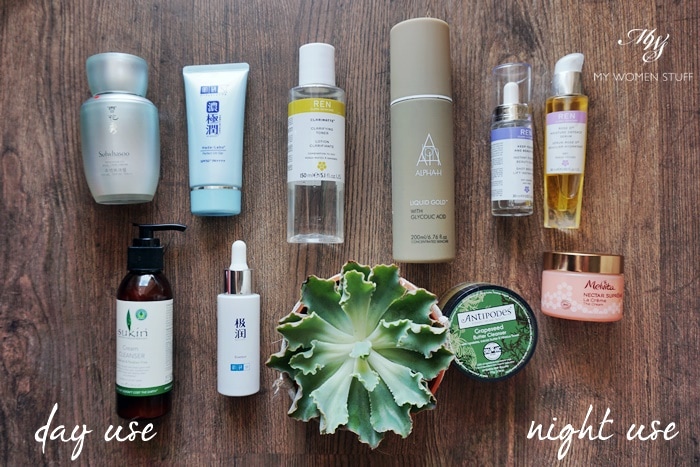
This image is property of www.mywomenstuff.com.
Taking care of your skin is essential for maintaining its health and overall appearance. Skincare involves adopting a routine that addresses the specific needs of your skin, providing it with the necessary nourishment and protection. By prioritizing skincare, you can not only achieve a glowing complexion but also prevent various skin issues and delay the signs of aging.
A consistent skincare routine is crucial for keeping your skin healthy. Regularly cleansing, moisturizing, and protecting your skin from environmental aggressors can help maintain its natural balance and promote optimal functioning. Additionally, skincare products with ingredients like antioxidants and vitamins can provide the necessary nutrients to support skin health and repair damage.
It’s important to recognize that your skin’s needs change with the seasons. Different weather conditions and environmental factors can impact your skin in various ways. Understanding these seasonal changes is essential for adapting your skincare routine to ensure your skin remains healthy and well-nourished year-round.
To effectively adapt your skincare routine, it’s important to understand the specific effects of seasonal changes on your skin. By recognizing the environmental impact, changes in temperature and humidity, as well as the effects of sunlight exposure, you can tailor your skincare regimen accordingly.
The environment plays a significant role in the health of our skin. Pollution, for example, can lead to the buildup of harmful particles on the skin’s surface, clogging pores and potentially causing breakouts. Additionally, allergens present in the air can trigger skin sensitivities and irritations. By taking into account these environmental factors, you can minimize their negative effects and promote healthier skin.
As the seasons shift, so do the temperature and humidity levels. Cold winter weather can leave the skin dry and flaky, while hot and humid summers may result in increased oil production and breakouts. Adapting your skincare routine to these temperature and humidity changes will help maintain a balanced complexion and address any specific concerns that arise.
Sunlight exposure is necessary for the body to produce vitamin D, but excessive exposure can lead to harmful effects on the skin. Ultraviolet (UV) radiation from the sun can cause premature aging, sunburns, and increase the risk of skin cancer. Wearing sunscreen and adjusting your skincare routine according to the seasons can protect your skin from these harmful effects.
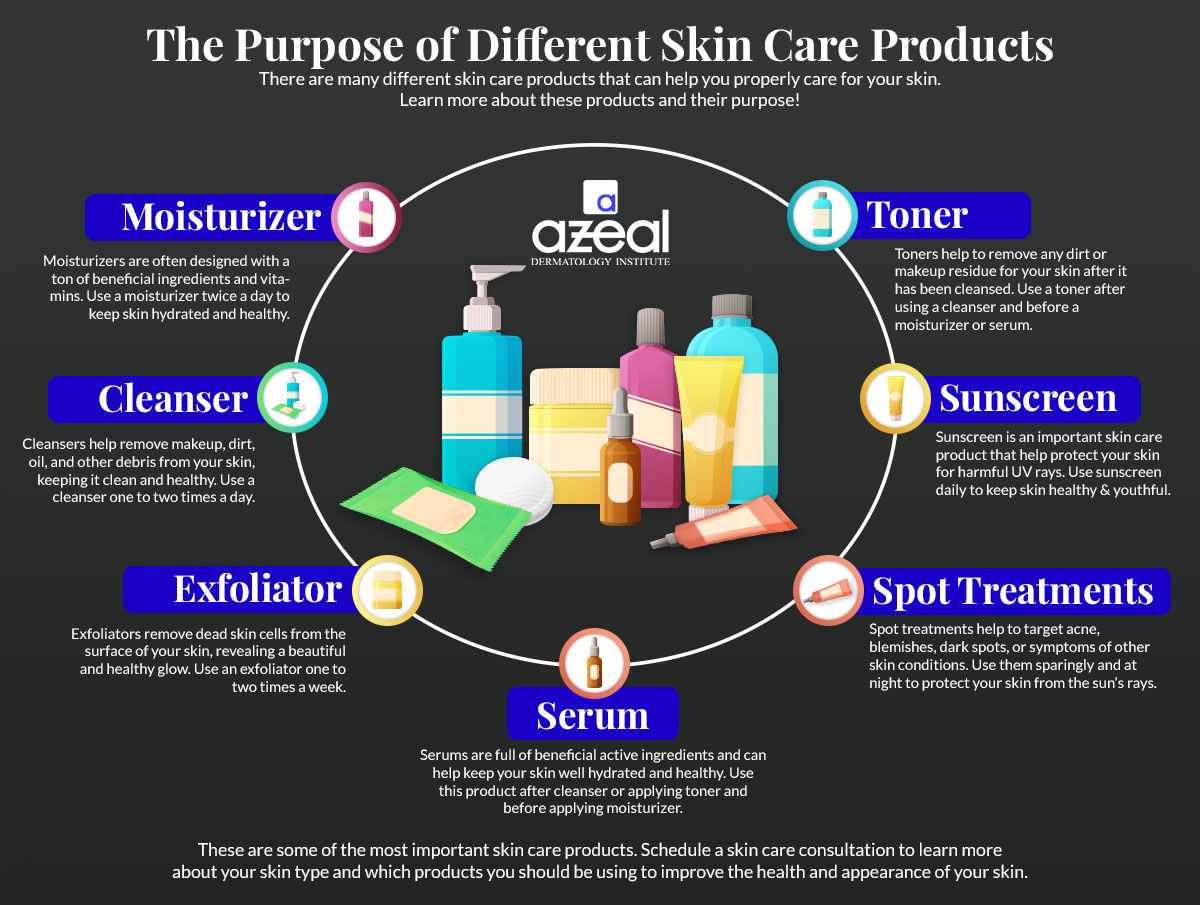
This image is property of dta0yqvfnusiq.cloudfront.net.
Each season presents unique challenges for your skin, requiring specific skincare approaches. Let’s explore the skincare needs for each season to help you maintain healthy and radiant skin all year round.
During the winter months, the cold air tends to strip the skin of its natural oils, leading to dryness, roughness, and tightness. To combat these effects, it’s crucial to moisturize regularly with heavier creams or oils to provide intense hydration. Additionally, incorporating gentle exfoliation to remove dead skin cells and replenishing lost moisture can revitalize the skin.
Spring is a transitional season when the temperature starts to rise, and the air becomes less dry. This is an excellent time to focus on refreshing the skin after the harsh winter conditions. Lightweight moisturizers and serums with hydrating and brightening properties can help restore the skin’s natural radiance and prepare it for the upcoming summer.
During the summer, the sun’s rays are stronger, and the humidity levels increase. This can lead to excess oil production, clogged pores, and increased risk of sun damage. Using lightweight, oil-free moisturizers and sunscreen with a high SPF is essential to protect the skin while maintaining proper hydration. Furthermore, incorporating antioxidants and soothing ingredients can help combat the effects of sun exposure.
As the weather starts to cool down and the air becomes drier again, it’s important to transition your skincare routine to address these changes. Incorporating richer moisturizers and adding hydrating masks or treatments can help alleviate dryness and maintain a healthy moisture balance. Additionally, it’s crucial to continue using sunscreen to protect the skin from UV damage, even on cloudy days.
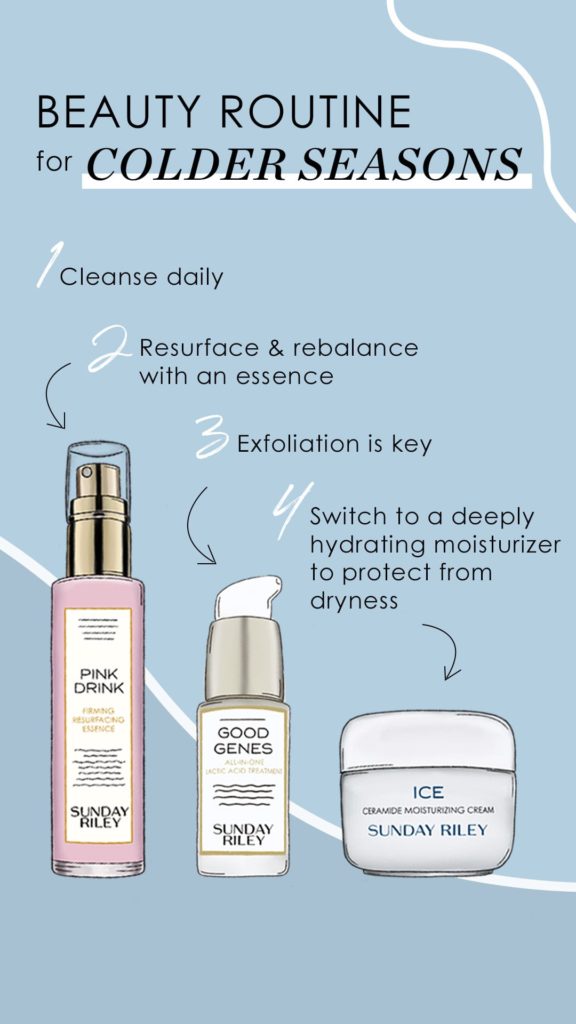
This image is property of edit.sundayriley.com.
To effectively address the changing needs of your skin throughout the seasons, it’s necessary to adapt your skincare products accordingly. Here are some products that can be beneficial for each season:
In the dry winter months, opt for thicker, cream-based moisturizers that provide intense hydration and protect the skin’s barrier. During the warmer seasons, switch to lightweight moisturizers with oil-free formulations to prevent clogged pores and excess oil production.
Choose gentle, hydrating cleansers during the winter to avoid further drying out the skin. In the summer, opt for cleansers that help control oil and remove sweat effectively while maintaining the skin’s natural balance.
Sunscreen is a year-round necessity. In the summer, opt for water-resistant sunscreens with a high SPF to protect against intense sun exposure. During the other seasons, choose broad-spectrum sunscreens that provide both UVA and UVB protection.
In the winter, incorporate serums and treatments with hydrating and nourishing properties to combat dryness. During the summer, focus on lightweight serums that provide antioxidant protection and soothe irritated skin.
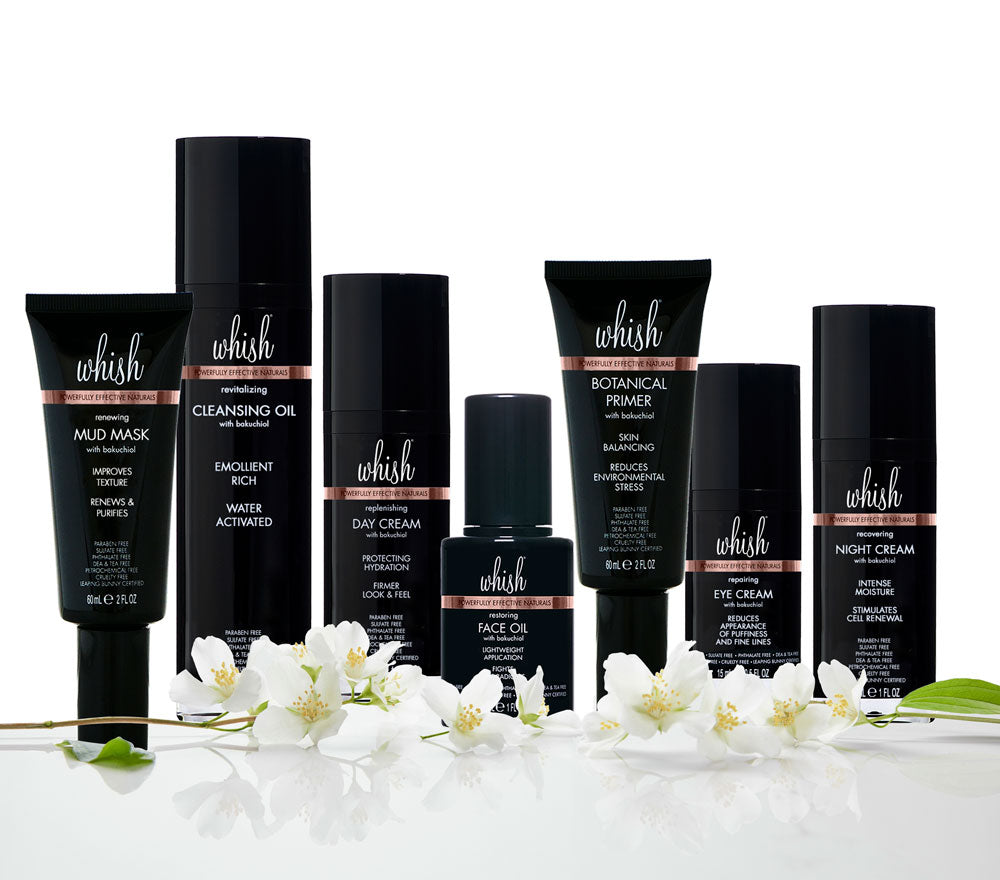
This image is property of cdn.shopify.com.
Taking care of your skin is a year-round commitment. By understanding the effects of different seasons on the skin and adapting your skincare routine accordingly, you can maintain healthy, radiant skin. Remember to prioritize moisturization, sun protection, and using products that provide the necessary nutrients for your skin’s specific needs. With a tailored skincare routine, you can enjoy the benefits of healthy and glowing skin throughout the year.